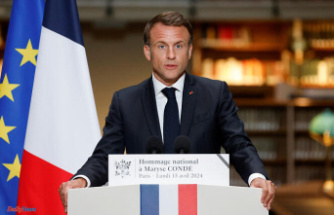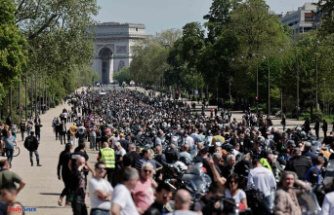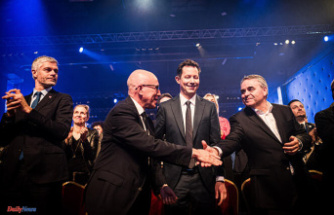Last year, following a decree issued by Kremlin chief Putin, the Russian government drew up a list of nations it classifies as "unfriendly". In fact, the entire European Union has been on it for a few months. Now some EU members are listed separately again.
In response to the Western sanctions, the Russian government has once again explicitly included the EU countries Greece, Denmark, Slovenia, Slovakia and Croatia on its list of "unfriendly states". In fact, the entire European Union was already there. Kremlin spokesman Dmitry Peskov commented on the government's decision as a further step by Moscow to reduce contact with these countries. The main issue is restrictions on the diplomatic missions of the countries in Moscow to hire Russian personnel.
According to this, Slovenia and Croatia are no longer allowed to employ Russian citizens. For the other countries, specific figures are stipulated. Other restrictions are also possible, said Peskow. The background is an unfriendly policy of the countries towards Russia, said Peskov, without going into detail. Following a decree by Kremlin chief Vladimir Putin, the Russian government began compiling a list of "unfriendly states" last year, with the United States and the Czech Republic appearing first. After the war of aggression against Ukraine, those countries that supported sanctions against Moscow were also counted on.
For example, Putin had decreed that Russia's financial obligations to "unfriendly states" would only be settled in rubles. The Kremlin chief later instructed that customers in the EU, for example, pay for Russian gas in rubles - and no longer in dollars or euros. The decision to use the ruble should not only strengthen the national currency. It was also a reaction to Western sanctions. The EU and the US had imposed punitive measures on numerous Russian banks and also decided to exclude numerous financial institutions from the Swift banking communications network. This makes transfers and other banking transactions much more difficult.












